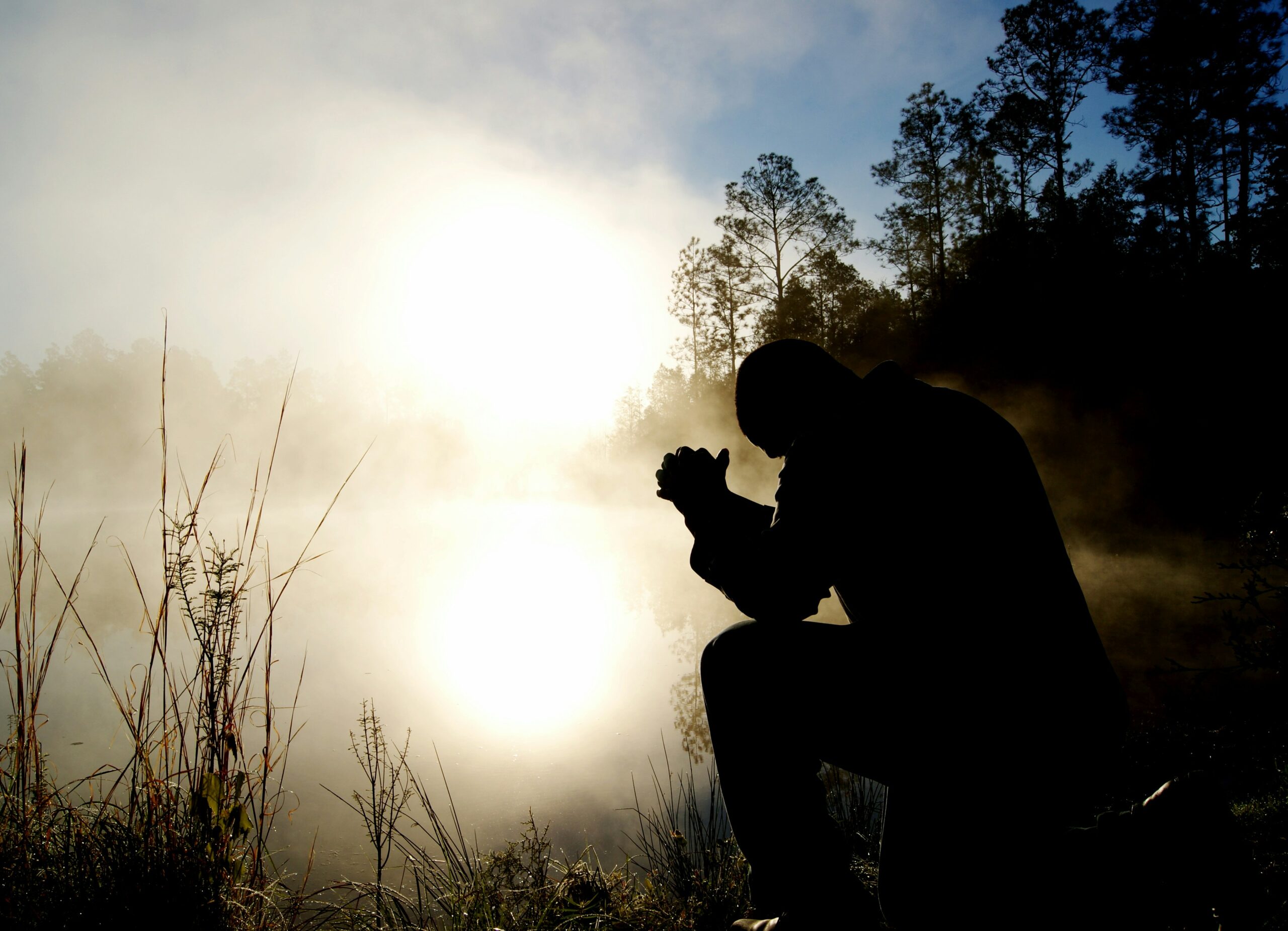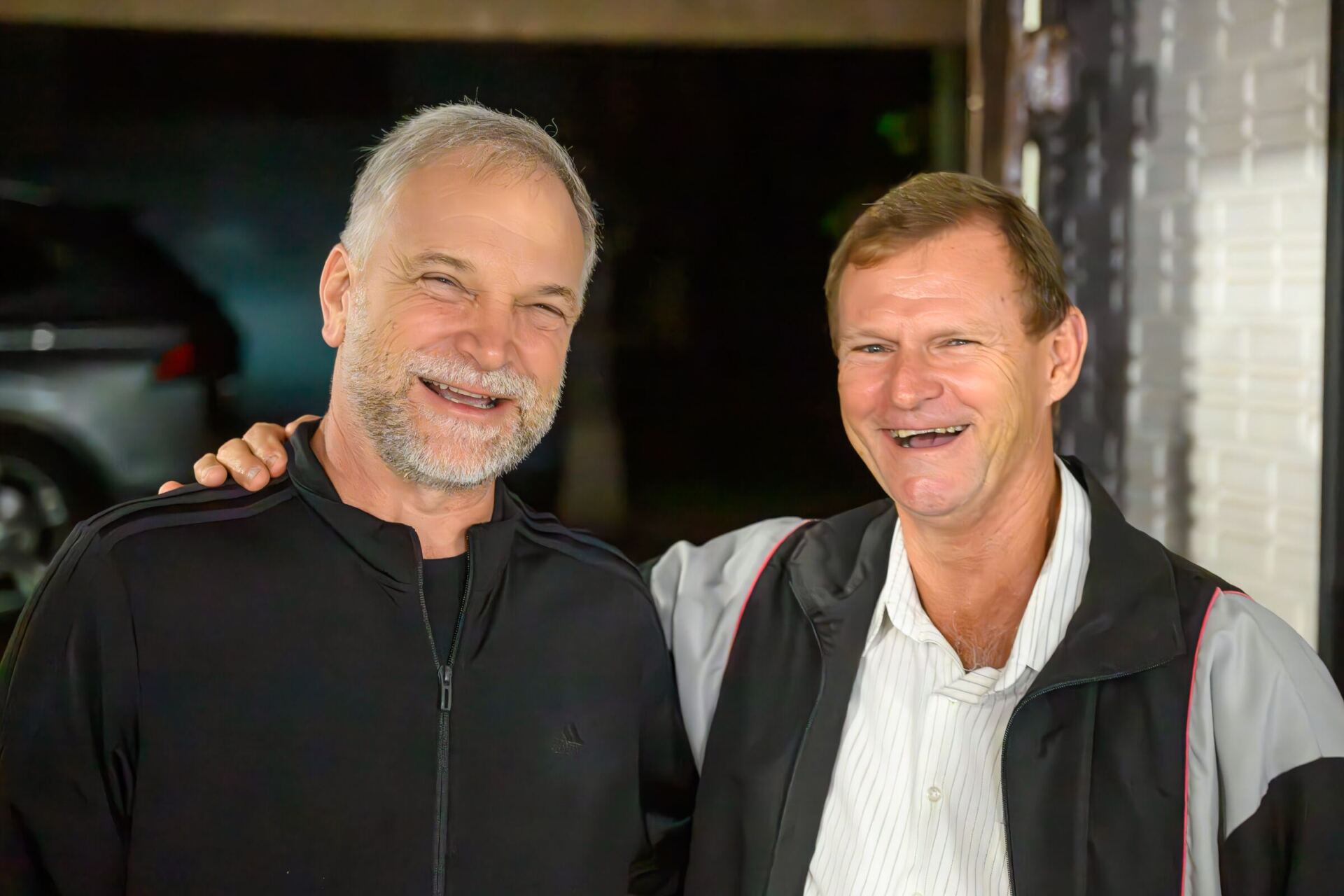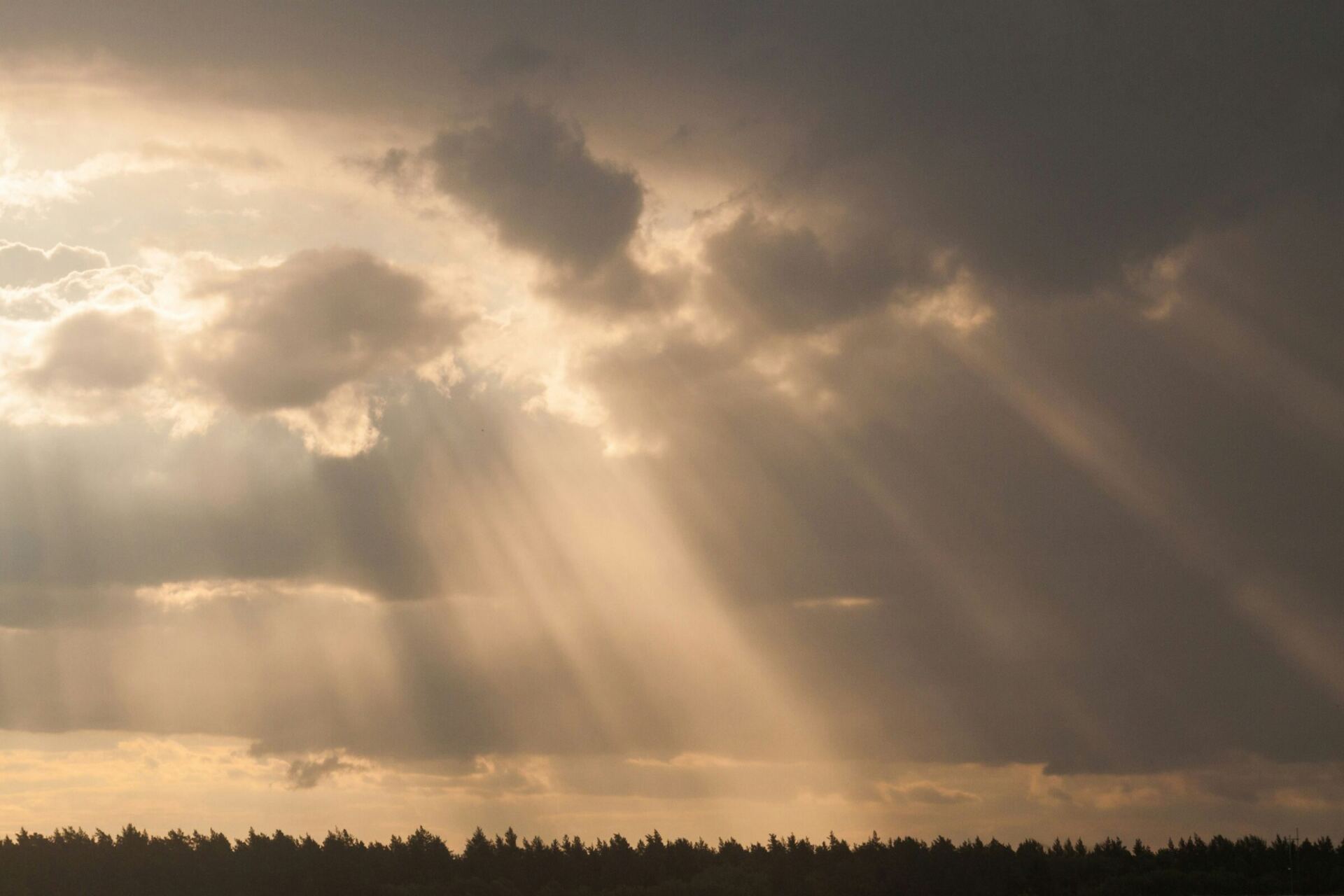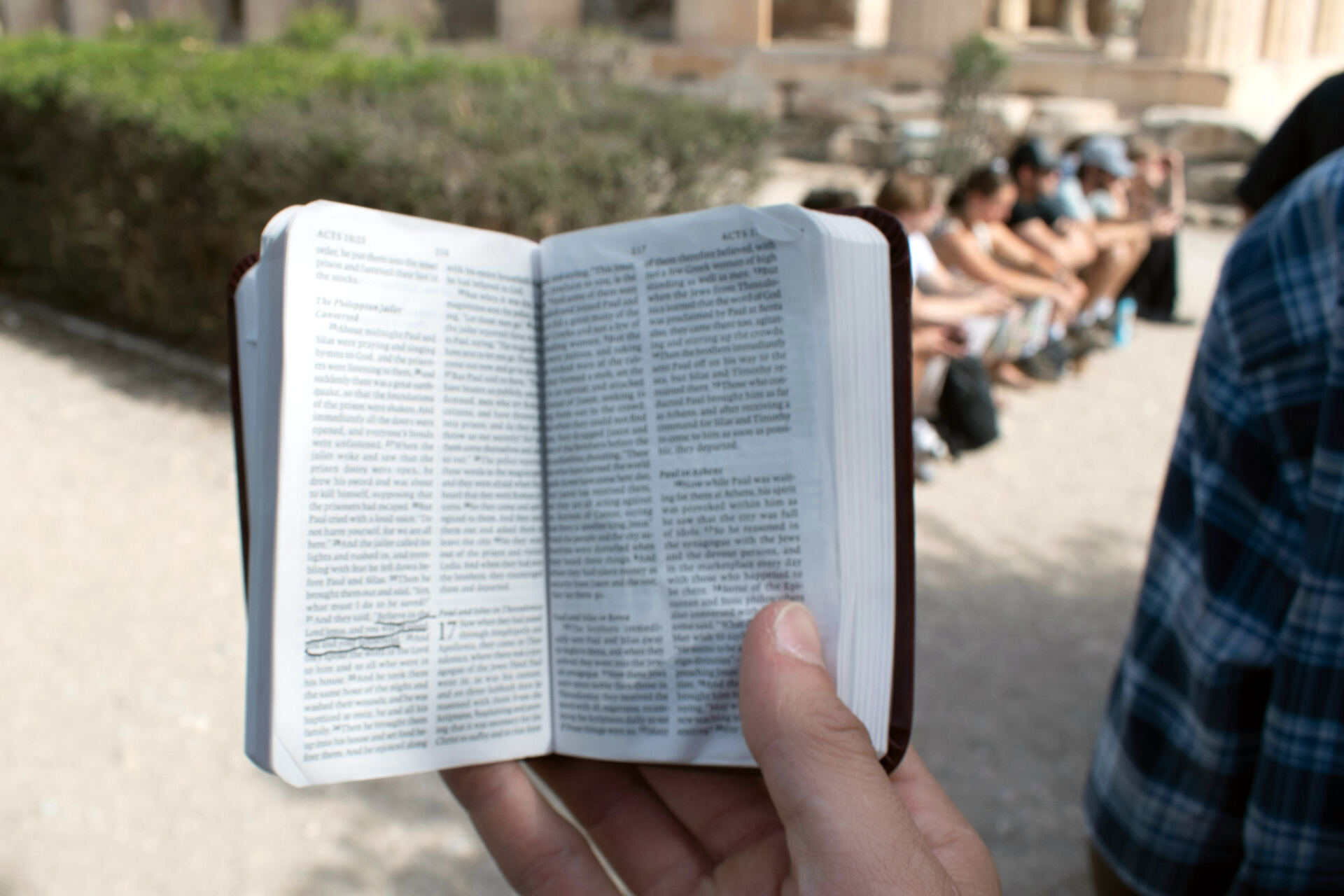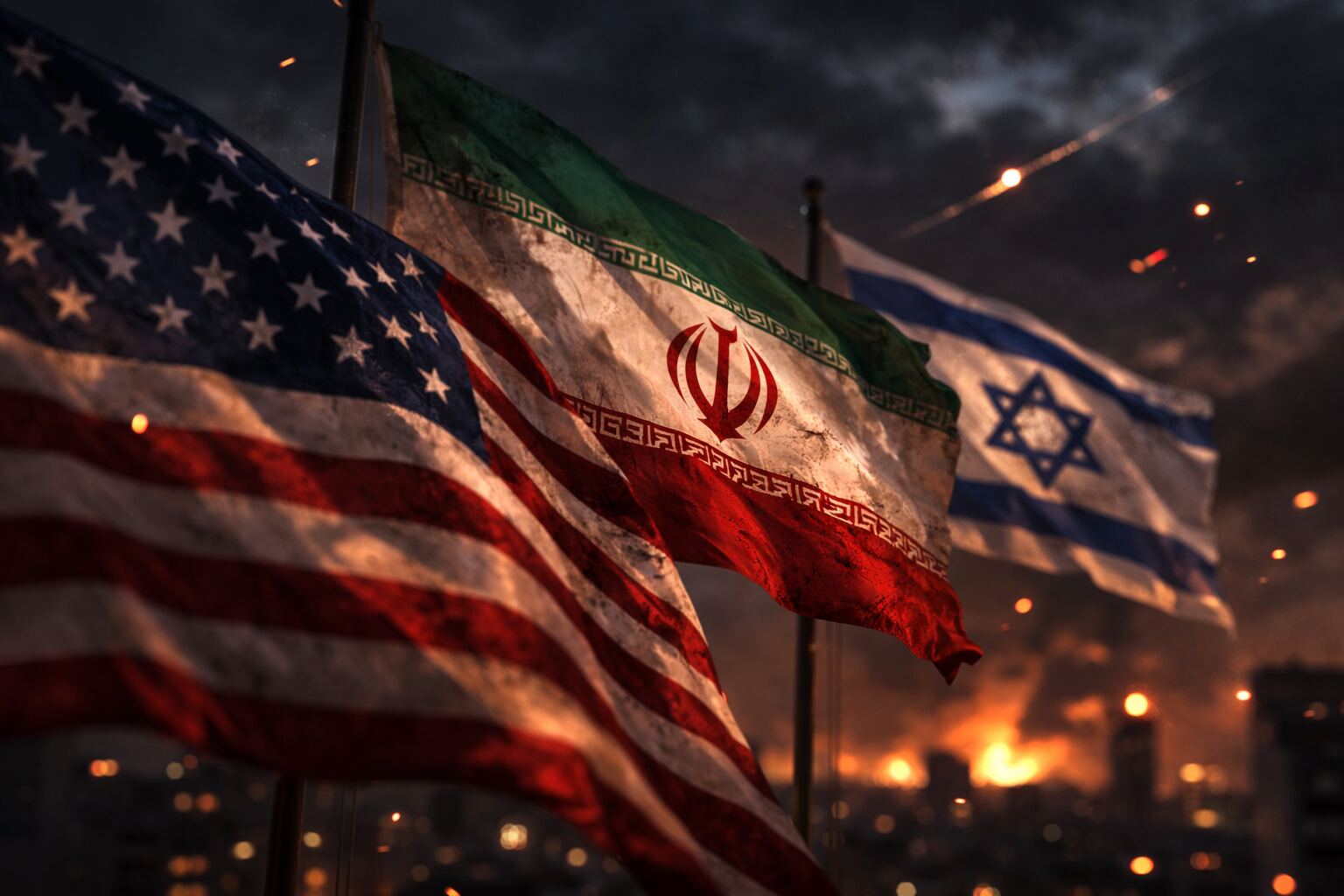“Are you not from everlasting, O LORD my God, my Holy One? We shall not die. O LORD, you have ordained them as a judgment, and you, O Rock, have established them for reproof. You who are of purer eyes than to see evil and cannot look at wrong, why do you idly look at traitors and remain silent when the wicked swallows up the man more righteous than he?” (Habakkuk 1:12-13 ESV)
How we respond to distressing situations exposes the true state of our hearts. Are we overcome by worry and panic when things go wrong, or do we rest in the steadying assurance of the nature and sovereignty of God? Regardless of the hard circumstances in which we find ourselves, our difficulties are unlikely to rise to the magnitude of those faced by Habakkuk. Our entire nation is not on the edge of annihilation, nor are we about to be captured and taken into exile by an enemy nation. Nevertheless, we are prone to be anxious and fretful.
After Habakkuk heard the Lord’s confirmation of impending doom of Judah, one might have expected him to respond with despair, but what we find is something entirely different. We see in his words an intimate trust in the Lord that, despite the world crashing down around him, provides a spiritual buoy on which he can stay afloat.
This is rooted in Habakkuk’s deeply personal knowledge of and relationship with his Lord. The way in which he addresses God, though brief, speaks volumes. He says, “O LORD my God, my Holy One” (emphasis added). To Habakkuk, Yahweh is not some abstract being or purely transcendent entity, but an immanent God who condescends to even the most lowly and downtrodden. His trust in the Lord supersedes his utter confusion about the events described. He does not align his theology with his understanding of the events but rather submits his understanding of the events to his theology.
Often, professing evangelicals are prone to say phrases like, “My God would never . . .” There is an incalculable difference, however, between using “my God” in this sense and the way in which Habakkuk uses it. In the former, the speaker is essentially creating an idol to fit his or her preconceptions about what God should allegedly be or do. This so-called “God” would never condemn someone for practicing homosexuality (1 Corinthians 6:9-10), kill someone for profaning the holiness and worship of God (Leviticus 10, 2 Samuel 6) —or fill in the blank with any culturally unacceptable action. “God,” then, is defined by nothing but one’s own moral framework. To say “my God,” in this sense, is to refer to a god created by the person’s mind.
When Habakkuk says “my God,” he is referring to the God to whom he belongs. Like Paul, he could resolutely say, “I know whom I have believed” (2 Timothy 1:12), and that unshakable belief carries him. If we are to stand faithfully in the perverse and persecution-riddled world in which we live, all our confidence must lie precisely where Habakkuk’s did.
His confidence is illustrated when he says, “We shall not die.” He recognizes that even though God is bringing judgment, he is not abandoning his covenant promises to preserve a remnant. They will not be utterly wiped out because the Lord fulfills every promise he makes, without exception. Though the purpose of Babylon was to destroy and possess, God’s greater purpose behind Babylon’s actions was preservation through judgment.
As Matthew Henry notes of this coming judgment, “it is not for their destruction, that they may be ruined, but for their correction, that they may be reformed.” That does not mean the discipline itself is pleasant, but that the fruit it produces will be bountiful (Hebrews 12:11).
Though Habakkuk’s faith was certain, he shows us that certain faith can still be troubled by confusion. Though he recognizes that the Lord has “ordained [Babylon] as a judgment, and . . . established them for reproof,” there is still an internal struggle. Though he understands that God is “of purer eyes than to see evil,” he cannot make sense of why God would “idly look at traitors and remain silent when the wicked swallows up the man more righteous than he[.]”
The way he processes this is immensely instructive. He looks through his intimate knowledge of the nature of God as the lens to understand the deeply confusing events; he does not look through the deeply confusing events to understand the nature of God. Habakkuk is assured of the goodness, holiness, and promises of God, which is why he wrestles intensely with the events at hand. Many, many Christians intensely wrestle with the goodness, holiness, and promises of God, precisely because they do not start there, but with the events at hand. What a comfort it is to, like Habakkuk, press into the one to whom we pledge our allegiance and to know that “my God” will keep his covenant promises.
Prayer:
Heavenly Father,
You are good and faithful in all you are and do. When we struggle to understand the depravity of the world and the consequences of sin, teach us to trust all the more in who you are.
In Jesus’ name, amen.
Prayer Requests:
- Tuesday: Pray for missionaries serving with the Durban Radio Project in South Africa.
- Wednesday: Pray for workers involved in medical missions trips to Moldova.
- Thursday: Pray for missionaries doing church planting and leadership training in Nicaragua.
- Friday: Pray for missionaries serving orphans and at-risk children in Brazil.
- Saturday: Pray for missionaries serving at Bible Baptist Seminary in Chile.
- Sunday: Pray for the teachers, students, and administrators at the International Christian School of Budapest.
- Monday: Pray for missionaries who are burdened for unbelieving family members.
